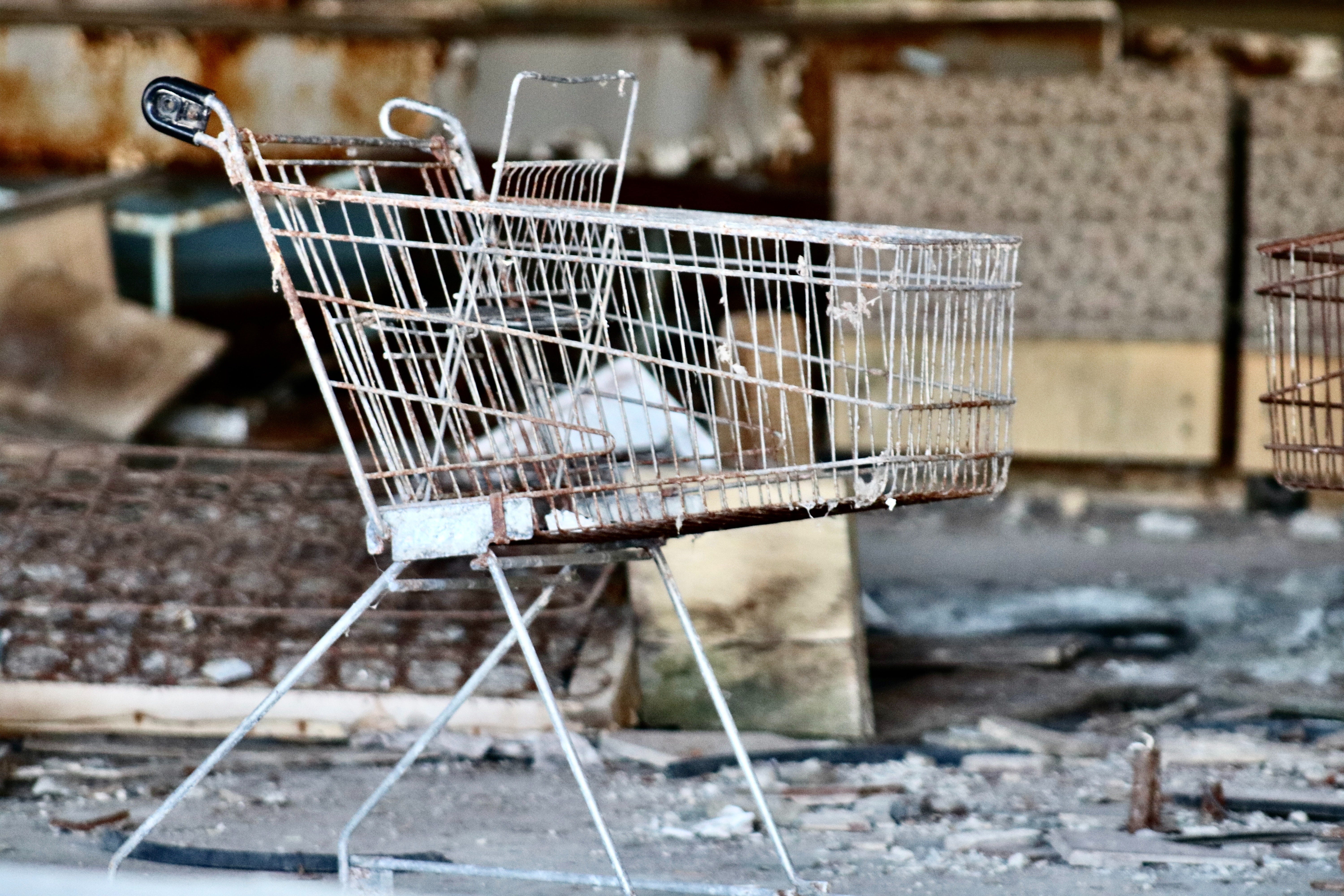There was an article in the news this morning about the accelerating trend towards a cashless society. It seems that people are avoiding cash and Point of Sale transactions out of fear of contracting COVID-19.
Instead they are moving towards online or phone ordering and using delivery services like Door Dash and Go Share. These and others are springing up in every medium to large city in response to the demand for local deliveries.
It occurs to me that once people get accustomed to ordering online from local retailers and having their purchases delivered, it will become a permanent habit. Ordering and delivery is exactly the same as what we’ve been doing for years with Amazon and eBay, only now the purchases are local and delivery is instant.
But what this means is the end of retail jobs…
No more cashiers, stockers, baggers, greeters or people sweeping the floors. Stores will no loner have customers, but rather automated systems that receive orders, process credit or debit transactions, and assemble orders for pick up.
Right now, owner/drivers on ride sharing platforms based on the Uber model are picking up orders, often side by side with retail customers doing “curbside pickup”. This is only an intermediary step to the shift to companies owning fleets of autonomous electric delivery vehicles completing the retail sales cycle.
Goodbye owner/drivers…
Present ride sharing platforms pay so little that driver/owners are really extracting equity out of their vehicle assets. Modern cars are vastly more expensive to maintain, insure and buy or lease than they were only a few years ago and IRS mileage allowances are irrelevant. The IRS allows a little more than fifty cents a mile for reimbursement, but that is about the same amount they allowed decades ago.
It’s possible to break even and make a profit on ride sharing platforms by running several vehicles and paying drivers gig wages. Like everything else since the days of Adam Smith economies of scale are the most promising and efficient ways to make money. This seems the likely way the delivery businesses will evolve, especially when electrically powered autonomous fleets become available.
Going hand in hand with this trend is the death of small businesses in America.
Huge businesses have the financial resources to weather frequent lockdowns. They have vastly more liquefiable assets like stock, inventory and real property that can converted to operating funds. In addition, they can sell debt instruments like bonds on the financial markets to raise quick capital, and even strike long term deals with banks and private equity firms — “shadow banks”.
Mom and Pop retail outlets on Main Street don’t have these resources.
They will disappear as COVID-19, rolling shutdowns, and changing consumer behaviors undermine their ability to survive. Our children and grandchildren will think of them in the same way we think of the 19th century “general store”.

These things will happen sooner and far more quickly than most people realize.
Polling and research organizations like Gallup, Pew, FRED and the BLS among others are all recording dramatic and sudden changes in the way Americans are buying., selling, working and living.
The longer the COVID-19 crisis lasts the more likely these changes will be permanent. WHO and the CDC have been warning of a long battle to get COVID-19 under control, and talking of the emergence of other novel microbes to which we have little or no immunity.
